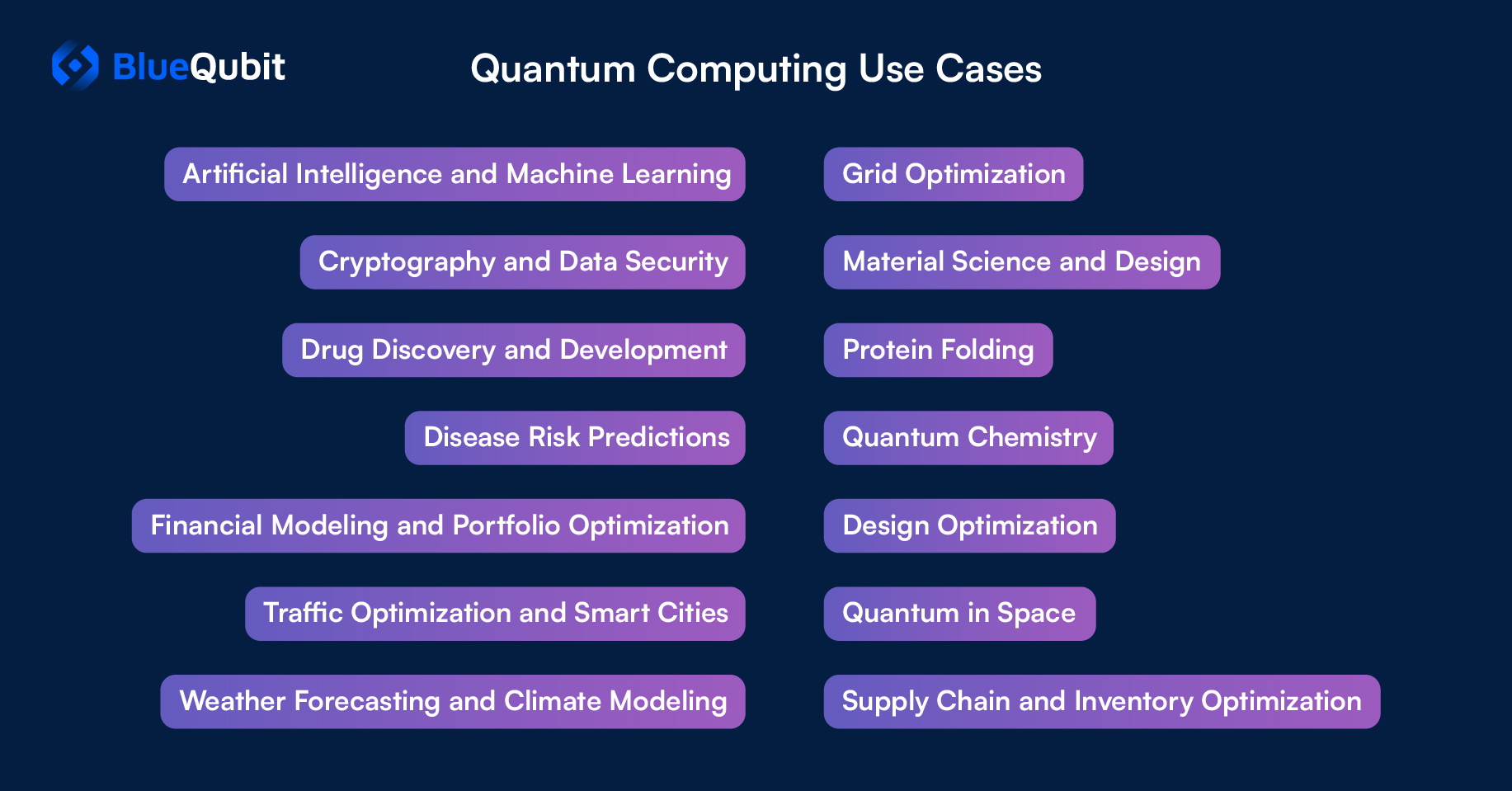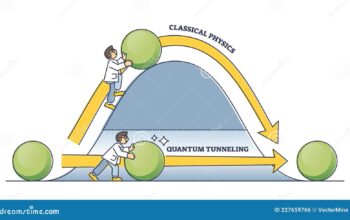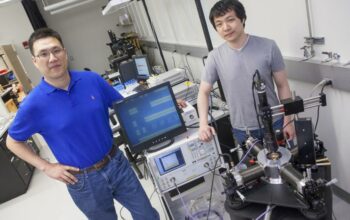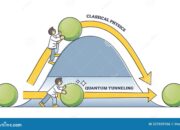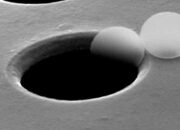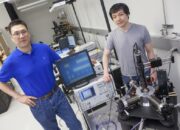Quantum computing is often likened to an artist’s palette, a vibrant compilation of potentiality awaiting the deft touch of innovation. Whereas classical computing functions much like a traditional painter, constrained to the colors available on a finite palette, quantum computing unfurls before us a panorama of possibilities, exploring the rich complexities of the universe at a level not previously accessible. Harnessing the principles of quantum mechanics—such as superposition, entanglement, and quantum interference—this revolutionary technology has begun to reshape the landscape of numerous domains, delving into realms previously thought inscrutable.
At the heart of quantum computing is the qubit, a quantum analog of the classical bit. This elemental unit can represent and process information in ways that transcend conventional binary limitations. While a classical bit can exist as either 0 or 1, a qubit can simultaneously inhabit states of both 0 and 1, thanks to superposition. This enables quantum computers to perform intricate calculations at unparalleled speeds and efficiencies. The unique architecture of quantum computing allows it to tackle problems with an exponentially larger complexity than classical counterparts, drawing upon its inherent parallelism.
One of the most promising applications emerges in the sphere of cryptography. The security protocols that govern our digital communications rely on the prevailing difficulty of certain mathematical problems. Quantum computers possess the capability to resolve these problems with astonishing swiftness, thereby jeopardizing traditional encryption methods. Quantum key distribution (QKD) stands as a beacon of hope, offering robust security against eavesdropping through the principles of quantum entanglement. The intriguing notion of encoding messages in quantum states ensures that any attempt at interception would irreversibly alter the transmission, alerting the sender to any unauthorized access.
Turning to healthcare, quantum computing holds the potential to revolutionize drug discovery and development processes. The molecular interactions that govern biochemical systems are inherently complex, often necessitating extensive computational resources to simulate. Quantum computers can analyze vast datasets and intricate molecular structures much more efficiently, expediting the identification of promising drug candidates. In essence, this transformative technology serves as a magnifying glass, enabling researchers to inspect the subtleties of molecular behavior and interactions without the constraints imposed by classical computing.
Moreover, the field of materials science stands to benefit immensely from quantum computing’s sophisticated capabilities. The design of novel materials, particularly those with unique electronic, magnetic, or optical properties, hinges upon an intricate understanding of quantum mechanics. Quantum emulators and simulators allow scientists to probe the underlying quantum behavior of materials with unprecedented accuracy. This paves the way for the development of advanced superconductors, nanomaterials, and catalysts that can lead to more efficient energy systems and sustainable technologies.
In the realm of artificial intelligence (AI), quantum computing presents an enticing opportunity to enhance machine learning algorithms. Classical machine learning often grapples with the curse of dimensionality, where the volume of data space increases exponentially with the addition of features. Quantum-enhanced machine learning algorithms, capable of processing vast datasets efficiently, could unlock the door to new applications in natural language processing, image recognition, and predictive analytics. The combination of quantum and classical techniques promises not only rapid advancements but also the potential for novel insights that could reshape entire industries.
Simultaneously, quantum computing can provide unparalleled advantages in optimization problems, which are ubiquitous across sectors ranging from finance to logistics. Solving optimization issues often entails navigating a labyrinth of possibilities to find the most efficient pathways. Classical algorithms can be impeded by the sheer volume of possibilities, resulting in lengthy computation times. Quantum annealing harnesses the principles of quantum mechanics to explore multiple paths concurrently, thereby identifying optimal solutions far more swiftly than classical methods can achieve. Such capabilities may facilitate smarter supply chain management, better resource allocation, and enhanced risk assessment in financial portfolios.
Furthermore, the intersection of quantum computing and climate modeling holds intriguing possibilities. As climate change presents an increasingly dire challenge, our understanding of complex environmental systems and models becomes paramount. Quantum computers could facilitate the simulation of intricate climatic variables—such as atmospheric dynamics and interactions between different ecological systems—with greater precision. By providing deeper insights, this technology might allow us to devise more effective strategies for mitigating climate impacts and adapting to a rapidly changing environment.
Yet, the promise of quantum computing does not come without challenges. The technology is still in its nascent stages, grappling with issues like qubit coherence, error rates, and scalability. It resembles a fledgling bird poised to take flight, requiring careful nurturing and development to navigate the winds of innovation and market demand. Collaboration across academia, industry, and government will be paramount as we forge the path toward practical deployments and realize the full potential of this nascent field.
In conclusion, the uses of quantum computing burgeon into a rich tapestry of applications, each thread interwoven with implications that could alter our world. From redefining security in communication to transforming healthcare, optimizing logistics, and enhancing our understanding of climate dynamics, quantum computing serves as a harbinger of the future. As researchers and innovators continue to delve into the myriad possibilities it presents, the dance between quantum bits may very well lead humanity into a new age of discovery and technological advancement, illuminating the complexities of existence in ways we have yet to fully appreciate.
